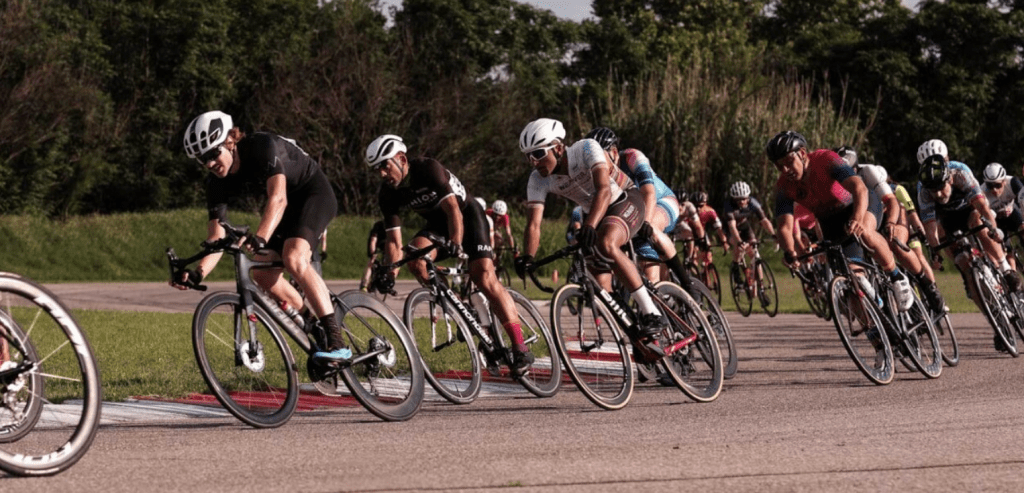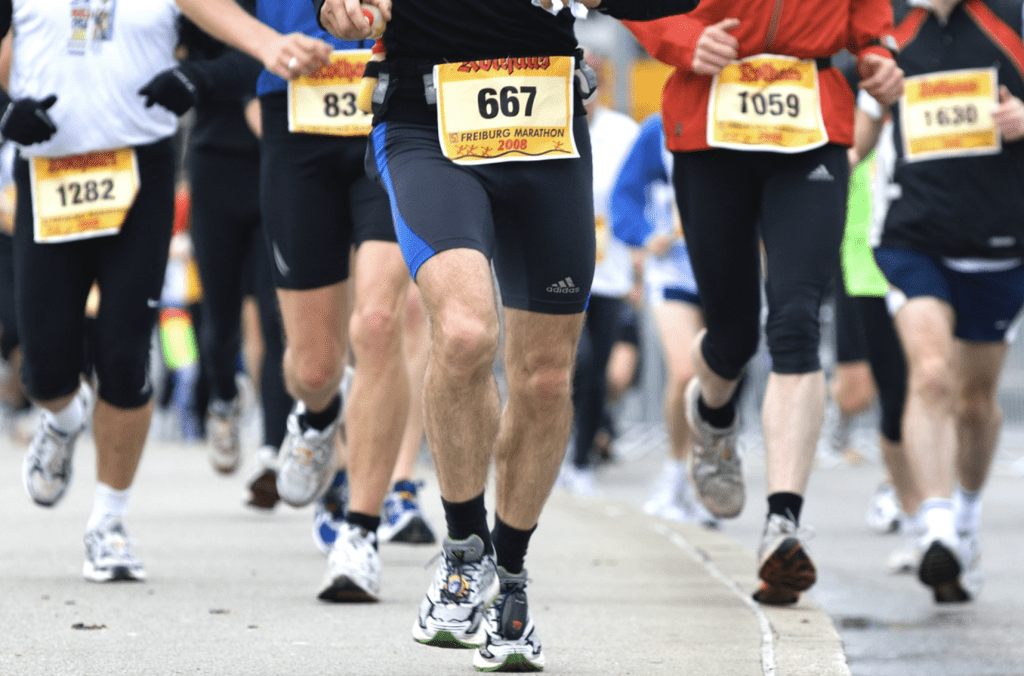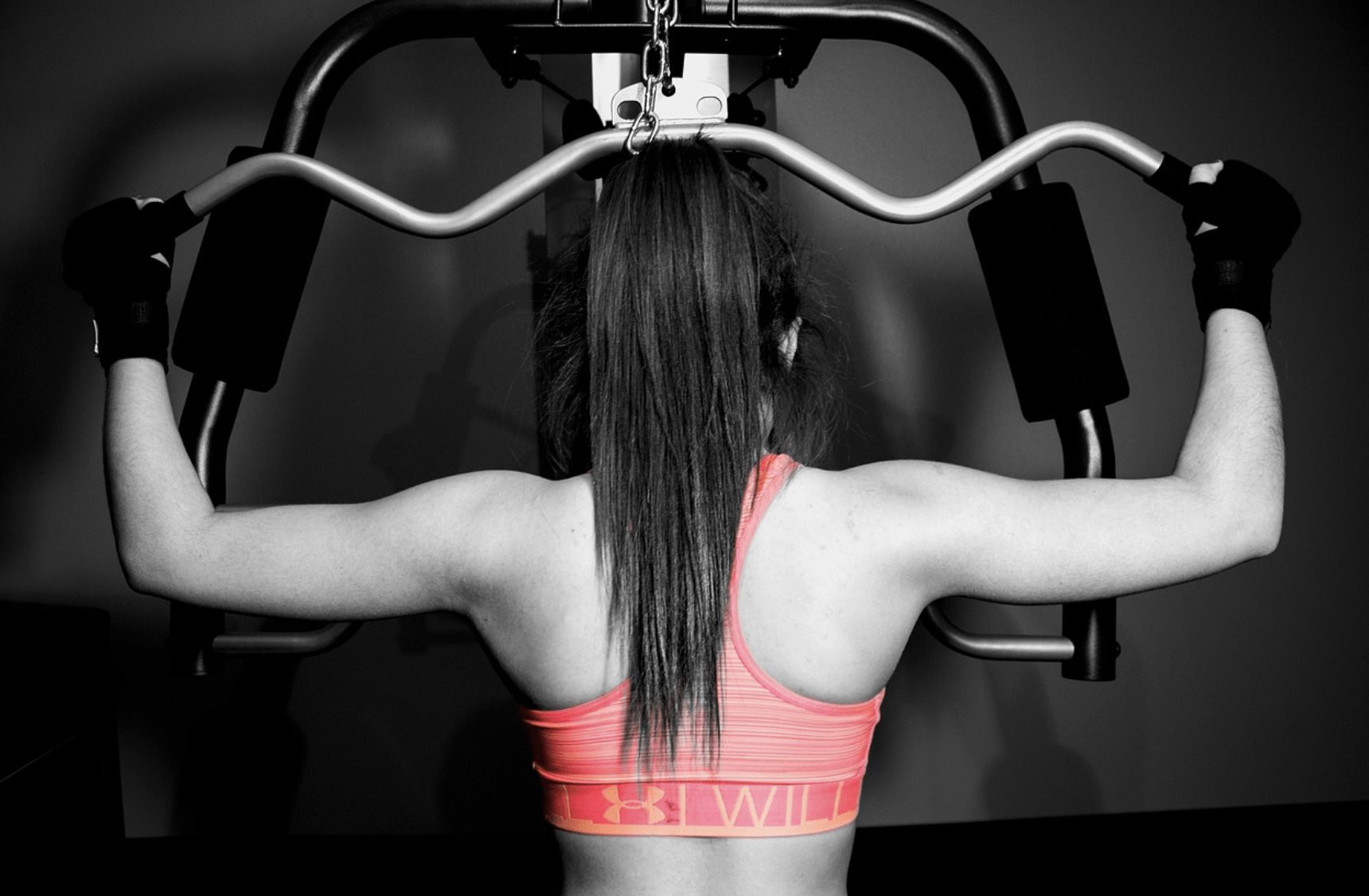Cycling enthusiasts are always looking for the magic bullet that will take their performance to a new level. We spend too much time thinking about what we need to do, and forget the mistakes we are making. What are the five most common mistakes you make in training?
1. Do not practice sprinting
Sprinting is the skill that’s underrated in cycling. We tend to associate sprinting only with the race-ending group finishes and declare that we are “not sprinters”. If you want to be faster on your bike, and more fit, you need to practice sprinting.
Sprinting activates the neuromuscular system, which produces short bursts with maximum intensity. The anaerobic energy system takes over after about 10 seconds, and the aerobic system is required to deal with its waste products. Sprinting repeatedly will push the body to its limits in terms of oxygen consumption and muscle fuel, resulting in useful adaptations which can help you become faster.
With practice you can improve your coordination of all the muscles that turn the pedals. It is a great improvement to make when you want to increase the speed.
Sprinting can help you become faster, whether you’re planning to compete or not. There’s never been a better time to learn how to sprint.
2. It’s Too Many Group Rides
Group rides are great. These rides are great fun. They can be a good way to build confidence and even some friendly competition. But, whether you like them or not most group rides don’t make for great training. Group rides are simply not as effective for improving your speed as structured workouts. In fact, too many group rides can cause you to become unfit.
Two main factors explain why this is so. Even when group rides are very difficult, they don’t usually result in a lot of time being spent training at high intensities. The few efforts that you make on group rides can be exhausting and slow down your overall training.

Structured workouts, unlike group rides, are designed to maximize your time spent at the highest intensity possible without causing you excessive fatigue. Unstructured rides can only target certain skills, but well-designed training targets them in an intentional way. It also doesn’t wear you out. While group rides are a great way to improve your riding, they shouldn’t replace structured training.
3. Your focus on weight is too high
It’s common for cyclists, who are often obsessed with weight and performance at the cost of their health and fitness, to focus on this without any benefit. Cutting calories is not the primary objective if you want to get faster. Instead, focus on fueling yourself for your workouts.
Weight is a big issue in cycling because of the power-to weight ratio. The idea being that lighter riders are proportionately faster and stronger. In most cases, weight is less important than raw power. Weight loss, which can cause a significant decrease in muscle mass, is another factor that makes athletes faster when they’re not at their thinnest. Most importantly, athletes who are obsessed with weight deprive themselves of fuel needed to perform workouts and adapt.
Performance is more than power to weight!
4. If you do too much intensity (without enough recovery)
Hard rides are our passion. You feel more productive when you ride hard. You can win races and KOMs by pushing yourself hard. Recovery is the key to getting faster. Many of us ride too hard and too frequently, at our own detriment.
It’s possible that you are doing it without realizing. One common reason is adding extra group rides to a plan or doing unstructured rides. Another is chasing KOMs during recovery rides and easy weeks. This can have a greater impact than you think. It will leave you fatigued and hamper your training.
What’s the answer? We hate to repeat ourselves but structured training and recuperation is the answer. The training plans have days off, and weeks of easy workouts for good reason. Treat these days as you would your tougher sessions. Easy days should feel easy. Polarized training takes this concept to the extreme. For some athletes it is a good option. Some athletes prefer to stick to low volume plans, especially if they plan to add group rides into the mix. This helps them avoid getting over-stimulated. Remember that intensity only works if you are able to recover. Recovery is key for getting faster.

5. If you only set outcome goals
You need goals to keep motivated. For many, these are the big wins like winning a race or achieving a KOM. These are outcomes goals that depend on many factors beyond our control. These big goals can be motivating, but if you only measure your success by them, it could lead to disappointment when they don’t come true.
Set smaller, process-based goals instead of chasing only outcome goals. It’s not just the big wins that matter, but also small victories along the way. These wins can include completing a difficult interval or getting enough sleep. Positive reinforcement will help you achieve your goals by encouraging you to measure progress in small steps. Even if you don’t achieve the big podium success you want, your measurable victories along the way will be an important source of motivation and pride.



+ There are no comments
Add yours